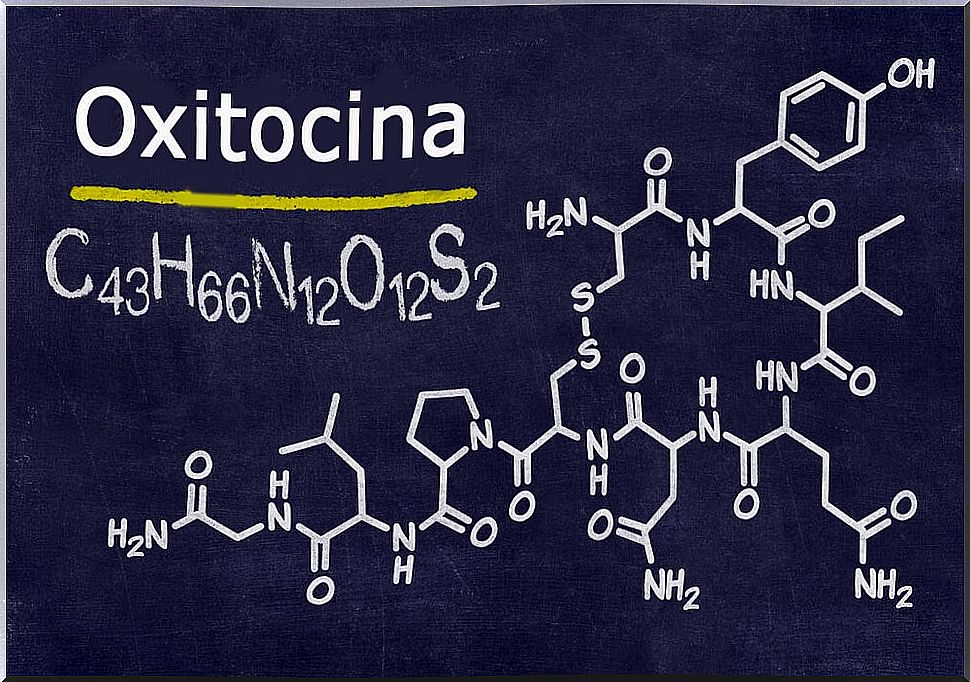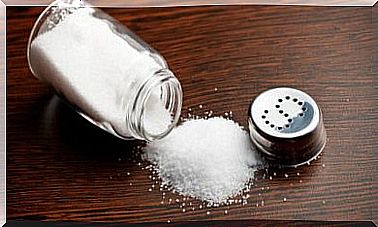Not Everyone Who Sows Trust Reaps Respect
It is often said that trust is like a delicate crystal glass: once it is broken it is almost impossible to put the fragmented parts back together.
That they violate our trust hurts, especially because this noble act that starts directly from the heart requires effort, time and an emotional investment that, when betrayed, forces us to rethink many things.
The field of trust has long been studied by sociologists and neurologists. So much so that we can even identify what its origin is in our brain and what is the importance that this psychological dimension has in our society. It is an interesting topic that we want to share with you.
Trust, a way of connecting with people

Paul J. Zak is a well-known neuroeconomist from the University of Claremont in California (USA) who has worked for years on the concept of human trust.
In his book The Moral Molecule: the source of love and prosperity, he explains that families, companies, or even societies based on mutual trust and respect are much more productive and happy.
Trust is the root on which we project in others the assurance that they will act as they should, that they will not betray us and that there is a significant bond that unites us in the same purpose.
The problem with all this is that sometimes something goes wrong. The more trust we project in someone else the more we fail. Let’s see more data in detail.
We are “obliged” to offer trust
Although we have known the taste of betrayal or disappointment, people are forced to continue to trust those around us to feel, in turn, a certain sense of security.
We have to trust our families, partners, friends, and our work environments because we are social people. Because trust is the engine with which we reach agreements and achievements to continue growing in life.
If we were limited to being like lonely islands, inhabited by mistrust and by that need for self-protection so as not to be betrayed, our society would not continue standing. We need to relate, create bonds of love, friendship, project goals in our work. All of this, whether we like it or not, is based on trust.
The confidence molecule

This data may surprise you, but as we pointed out at the beginning, this psychological dimension is based on a certain very interesting neurological activity.
The Oxytocin is the hormone secreted by the brain when we establish a trust intimate and meaningful to someone. This hormone is the one that is related in turn to affection, the need for care, affection and union between people and our family.
Thus, we can deduce that trust is a power link between two or more people. It offers us security and quality of life, which is why when betrayal appears the pain is so intense.
For his part, the neuroeconomist Paul J. Zak tells us that the people who practice distrust and coldness more frequently in their dealings present an increase in the levels of a hormone called dihydrotestosterone (DHT).
An elevated level of DHT increases the desire for confrontation, discussion and the creation of stressful situations.
The need to be trustworthy
It doesn’t matter if certain people have failed us more than once. It does not matter if you are already an expert in disappointments, in investing time and effort in certain areas that in the end did not give the result you expected.
Trust is that dimension that we must always cultivate, take care of, and attend to. Because as soon as our heart fades and bitterness or the inability to trust other people appear, we are left empty and, in a way, our chance to be happy again is weakened.
Trust and offer confidence
If we want those around us to offer us confidence, we have to know how to contribute it as well. This psychological dimension demands a lot from ourselves and whoever exercises it well dignifies himself.
Trust is knowing how to listen without judging, it is respecting spaces and knowing how to contribute a sincere affection that does not understand selfishness. It is also to understand that we join certain people or groups of people for the same purpose: to survive, to achieve balance, tranquility, projection and happiness.
We have to see ourselves as part of a chain. If one fails, all the links fall. So, do not hesitate to be demanding with yourself and also in the need to be intuitive when choosing in whom we place our trust.









